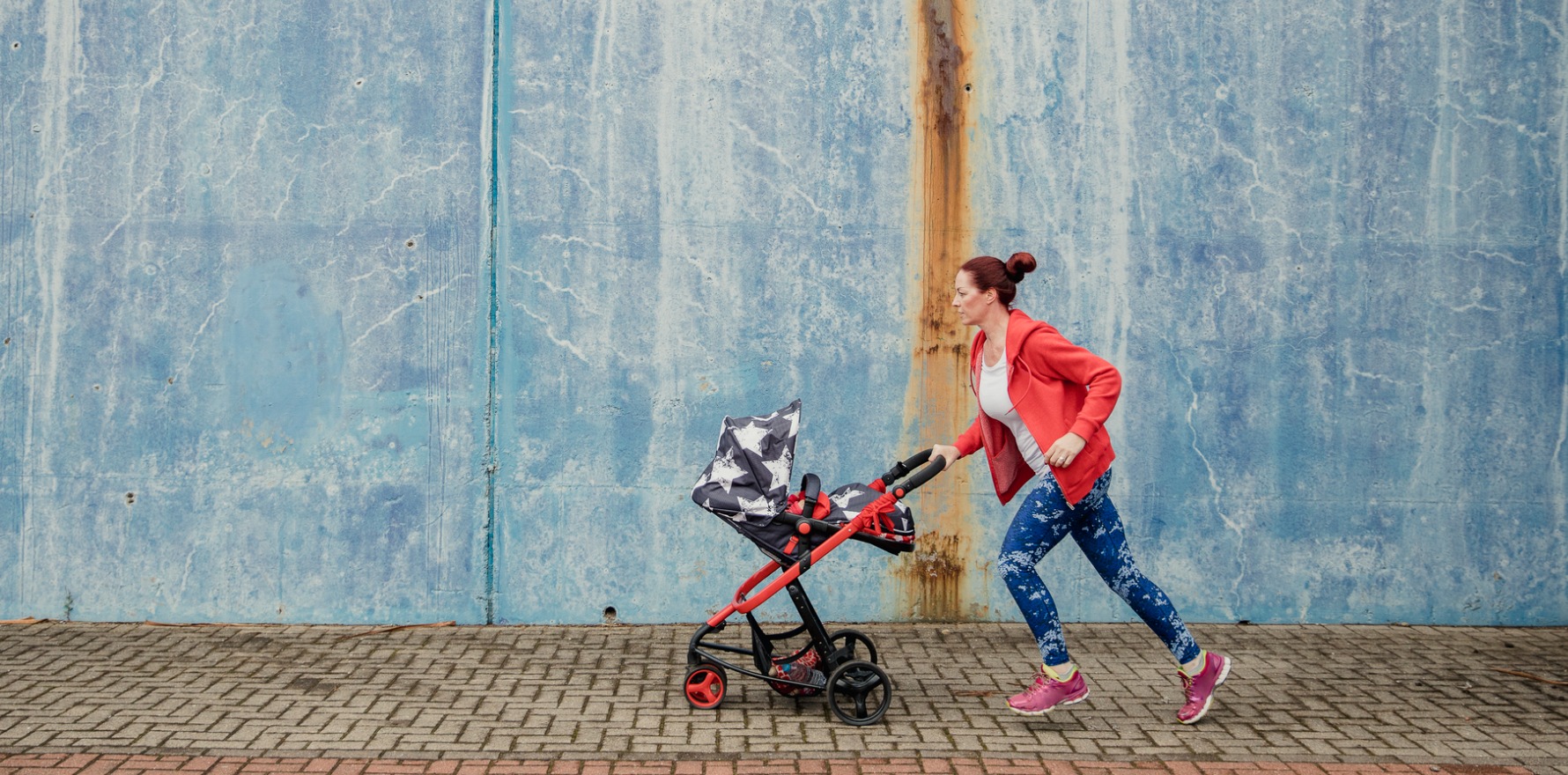New mums need to start exercising within 12 weeks of having a baby to feel a reduction in depression symptoms, researchers say.
Exercising for at least 80 minutes a week after having a baby reduces the severity of postnatal depression and the odds of depression by 45%, a systematic review has found.
But women need to start exercising within 12 weeks of having a baby to get the mental health benefits.
The international study included 35 randomised controlled trials and non-randomised interventions with more than 4000 participants.
The participants took part in exercise such as aerobic exercise, strength training, stretching and yoga, from one to five days per week and 15 to 90 minutes per session.
“Exercise-only interventions resulted in a moderate effect on reducing the severity of depressive symptoms compared with no exercise post-intervention,” the researchers said in the British Journal of Sports Medicine.
Starting exercise within 12 weeks of having a baby reduced the symptoms of depression, but starting exercise after 12 weeks did not, the researchers said.
The researchers found that participants who exercised for at least 80 minutes over four days a week at moderate intensity – and who did no other interventions for depression – had a moderate reduction in depression severity.
“There appears to be a dose-response effect of this benefit: a greater exercise volume was associated with a greater reduction in the severity of depressive symptoms.”
Exercise increases dopamine and serotonin release while blunting cortisol release in response to stressors, the researchers said.
In pregnant and postpartum women, exercise also improves self-esteem and self-efficacy, increases coping strategies and directs attention away from distressing thoughts, they said.
“These findings can be applied to encourage alternative, safe, accessible and inexpensive postpartum mental health treatment options involving exercise and integrate exercise into evidence-based guidelines to promote postpartum health.”
The researchers added that mode of delivery and birth trauma were both known to affect the risk of postnatal depression, but their study didn’t include data showing whether exercise would affect that link.
Diagnostic criteria limits the diagnosis of postpartum depression to four to six weeks after delivery, but recognition is growing that symptoms could continue well beyond that period, they said.
Previous reviews have shown that physical activity has a comparable effectiveness to antidepressants in treating non-severe depression, with Canada and the UK formally recommending it as a treatment.
“Physical activity also offers potential affordability, group socialisation opportunities and greater delivery modality options as benefits to the treatment options discussed.”


